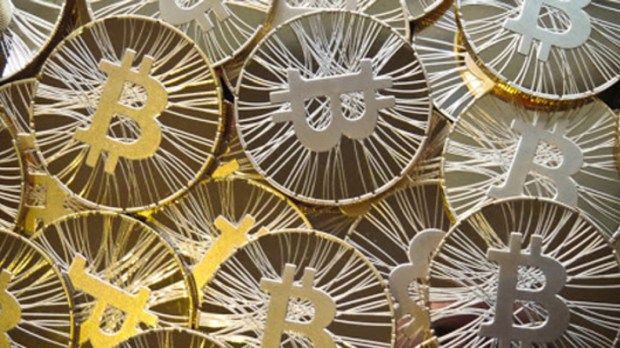Around the world, more and more people are buying bitcoins and dreaming of an overnight windfall.
The increase in its value has been attracting hackers who break into digital wallets and steal bitcoins. A few days ago, the digital wallet of NiceHash, a Slovenia-based company, was broken into and bitcoins were stolen, worth more than $70 million at the time. The theft has already been referred to as the greatest fraud in Slovenian history.
NiceHash is the largest marketplace for mining digital currencies. Mining refers to obtaining bitcoins by solving transaction-related algorithms.
In 2010, a bitcoin was worth only a few cents …
In 2009, when a mysterious man from Japan, Satoshi Nakamoto, launched the first program for Bitcoin exchange, bitcoins were practically worthless. Since then, their value had been increasing with frequent oscillation and last November it reached the average price of more than $700.
… whereas this year its value increased to around $20,000.
Last autumn the value of bitcoins escalated enormously. In recent weeks it exceeded the magic limit of $10,000, crossing $17,000 a few days ago.
Those who bought bitcoins for a few cents in 2010 or a few dollars in 2011 and sold them at their highest price have been made millionaires by the rapid increase. Even those who bought Nakamoto’s coins last year and sold them a year later have increased their initial fortune tenfold.
As in the gold rush era, stories of becoming fabulously wealthy overnight, basically out of nothing, have attracted crowds of people, who massively purchase bitcoins, hoping that they, too, will soon be made millionaires.
Is this the currency of the future?
Attitude towards bitcoins and other crypto currencies varies a great deal. Some enthusiasts believe that Bitcoin is the currency of the future which will push aside traditional currencies, and do away with banknotes.
Another reason why many people are thrilled with bitcoins and other crypto currencies is that traditional banking is no longer necessary.
On the other hand, crypto-opponents claim that Bitcoin is merely a hoax and should be prohibited. Time will tell, of course, but we can safely say that bitcoins and other crypto currencies are still far from pushing aside “real” money.
Digital gold? Well, more like digital speculative investments …
The question is whether crypto currency, such as Bitcoin, is a new form of gold for the younger generation, a kind of digital gold. Perhaps, but perhaps not. Whereas buying gold is still a solid, long-term investment, bitcoins are far from it because of large oscillations in value and uncertain future.
For the time being, bitcoins are mainly a speculative investment, luring people who want to become rich overnight. They want to buy bitcoins, hoping that their price will soar, and sell them for large amounts of money. If bitcoins prove to be a giant overinflated bubble, or a bubble which will burst violently and anger many of its owners, it will not be a first.
Like Tulipmania in the 17th century?
We might draw a comparison with “tulipmania” of 1636 in the Netherlands, which is generally considered the first recorded speculative bubble. In the 17th-century Netherlands tulips became an important status symbol and, in time, their price soared. Formal futures markets were introduced and the object of speculation became rare tulip bulbs.
Tulip bulbs were sold in advance even though they were not yet available. Tulips were traded by all members of society: nobles, citizens, tradesmen, maidservants and sailors … People would sell their houses and land in order to buy tulips, expecting their prices to soar. But one day, the tulip bubble burst and many tulip holders instantly went bankrupt.
This article originally appeared in the Slovenian edition of Aleteia and was translated from Slovenian by Mojca Masterl Stefanic.

